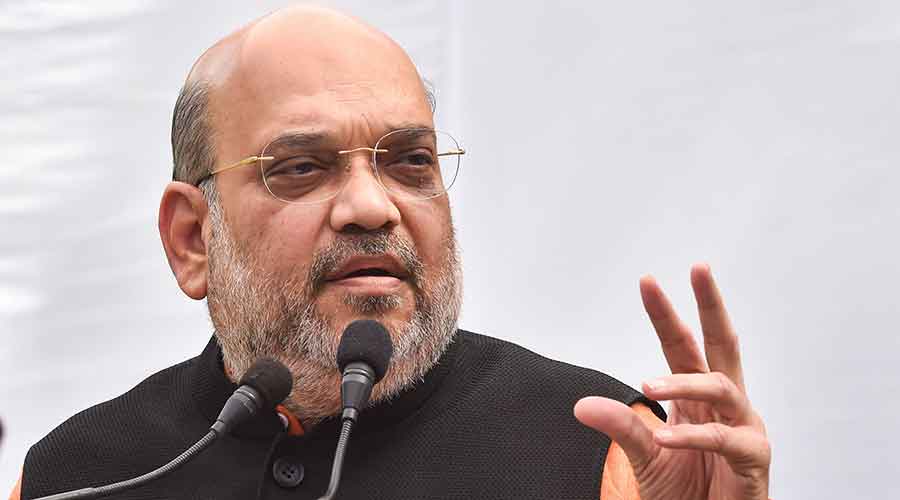An allergy is a perfectly human frailty. But not all allergies can be acceptable to a democracy. Consider the cases of the proverbial rash that leaders of the Bharatiya Janata Party are known to break into when journalists — the handful that remain true to the spirit of their vocation — ask searching questions. When a scribe asked for the Union home minister’s reaction to the charge that the prime minister had indirectly canvassed for votes for the Bengal elections during his visit to Bangladesh, Amit Shah responded with a counter-question: while it is understandable for the Trinamul Congress, he said, to raise such a query, what business did the journalist have to ask such a question? Mr Shah’s sentiments were echoed in another poll-bound state, Kerala, where E. Sreedharan, the BJP’s chief ministerial candidate, left in a huff blaming the media for asking “negative questions”. Mr Sreedharan’s response had been sought on such matters as ‘beef ban’ and ‘love jihad’, issues that have attained greater resonance in New India. Searching questions evidently get the BJP’s goat.
Perhaps the BJP’s allergy can be blamed on its penchant for dodging tricky territory. Engaging with difficult enquiries — be they on demonetization, encroachment on the border, India’s steep economic challenges and so on — runs the risk of letting the cat out of the bag. It makes prudent sense to shoot the messenger instead. Sedition or anti-nationalism is the preferred weapon of choice in this context. Thus dissenters, critics, academics, journalists — constituencies and citizens with an independent mind — have increasingly found themselves under fire. Little wonder then that Parliament scrapped question hour and the prime minister — a loquacious leader — thinks nothing of evading interviews. What is even more worrying is that large segments of the Indian media have doffed their hats to this grey culture of silence. That could explain the irritation of BJP leaders: unlike other democracies, politicians in India are no longer in the habit of confronting the intelligent, inquisitive journalist. The consequences are ominous: the quality of India’s democracy and the freedom of the press are declining. It seems India has forgotten that the true responsibility of the wise man is not to give the correct answers but to pose the right questions.










